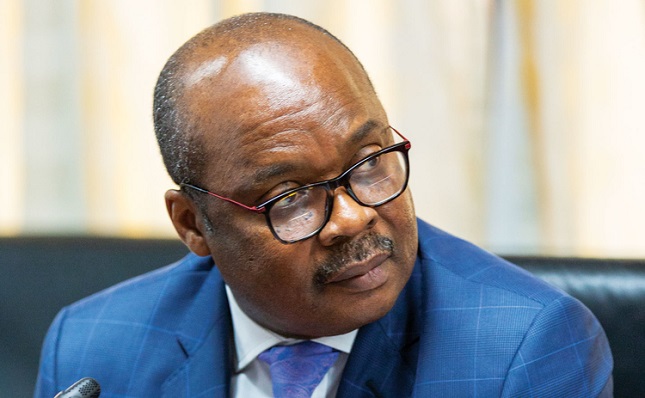adverts
The national debt of Ghana increased significantly in the first two months of 2024 by GH¢47.4 billion, totaling GH¢658.6 billion.
By February 2024, this will represent 62.7% of the GDP. At GH₵380 billion, or 36.1% of GDP, the amount of external debt is substantial.
The Bank of Ghana published these numbers in its May 2024 Summary of Economic and Financial Data.
adverts
The data indicates that at the end of 2023, Ghana’s debt was GH¢611.2 billion; however, in January and February of 2024, it jumped to GH¢626 billion and GH¢658.6 billion, respectively.
A portion of the debt increase can be ascribed to the cedi’s decline in value relative to major trading currencies.
Ghana requested a $3 billion bailout from the International Monetary Fund (IMF) in an attempt to stabilise the economy following the terrible effects of the COVID-19 pandemic.
The projected ratios for 2024, 2025, 2026, 2027, and 2028 are 83.6%, 80.9%, 77.9%, and 72.0%, respectively.
Ghana’s fiscal economy has improved, as the IMF has previously noted.


